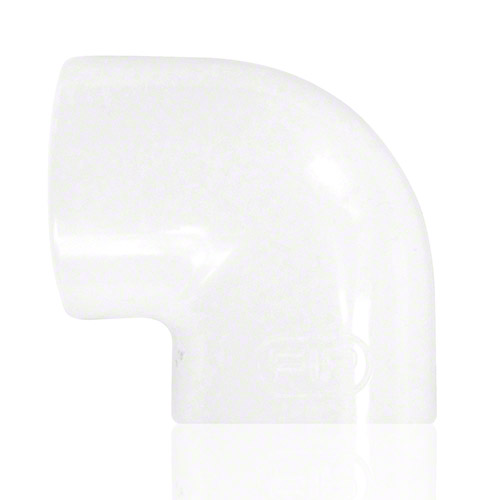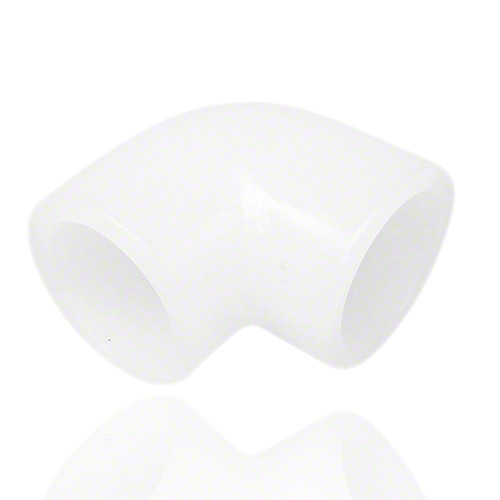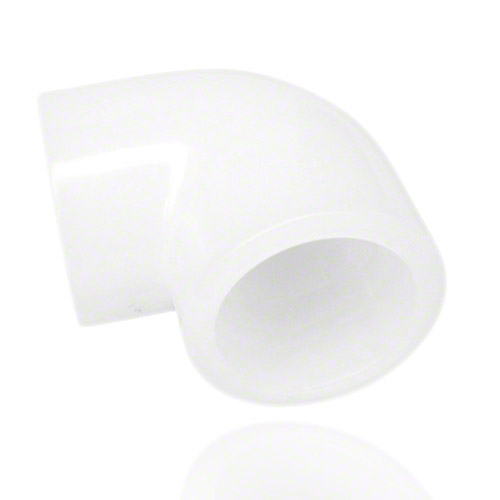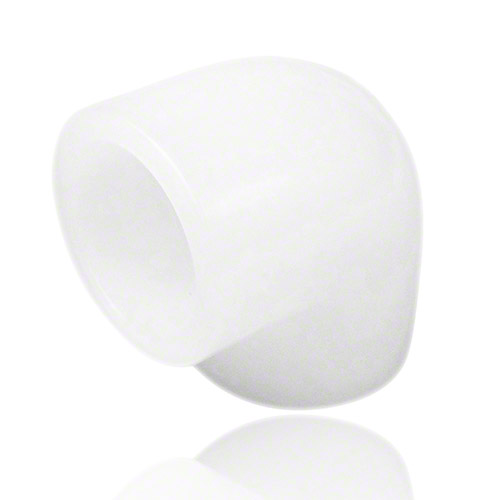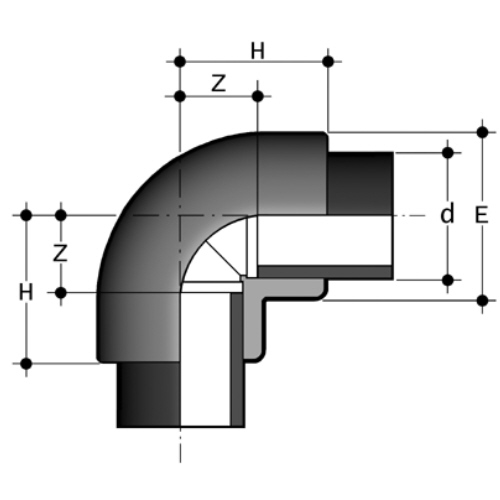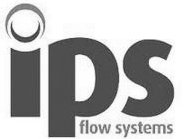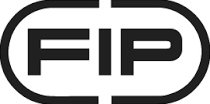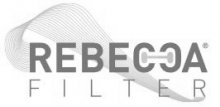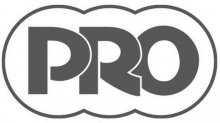PVDF 90° elbow for socket welding
delivery time: on request
|
| - Size range d 16 ÷ d 110 (mm) - Nominal pressure PN 16 with water at 20° C - Temperature range -40 °C ÷ 140 °C Coupling standards - Welding: EN ISO 10931. Can be coupled to pipes according to EN ISO 10931 - Flanging system: ISO 7005-1, EN ISO 10931, EN 558-1, DIN 2501, ANSI B.16.5 cl. 150 - Reference standards Construction criteria: EN ISO 10931 - Test methods and requirements: EN ISO 10931 - Installation criteria: DVS 2201-1, DVS 2207-15, DVS 2208-1 - Fitting material PVDF - Seal material FPM |
|
|
||||||||||||||||||||||||||||||
Information:
Information:
Information:
Information:
Information:
Information:
Information:
Information:
Information:
Information:
|
||||||||||||||||||||||||||||||||||||||||||||||||||||||||||||||||||||||||||||||||||||||||||||||||||||||||||||||||||||||||||||||||||||||||||||||||||||||||||||
PVDF Piping Systems - Unrivaled Resistance to Acids, Alkaline Substances, and UV Radiation |
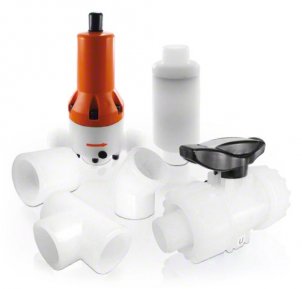 |
PVDF piping systems offer exceptional resistance to acids, organic liquids, and UV radiation. They are primarily used in the fields of chemical and process engineering. PVDF is also ideal for ultra-pure water and high-purity water systems in the semiconductor and photovoltaic industries due to its high purity. Our PVDF pipes, fittings, and valves are manufactured from high-quality PVDF SOLEF® raw material, which provides excellent properties for industrial applications. In our navigation menu, you will find a well-organized selection of PVDF valves, including PVDF ball valves, PVDF diaphragm valves, PVDF check valves, and PVDF butterfly valves. PVDF is a thermoplastic engineering material with a fluorine content of approximately 59%. Through the polymerization of the vinyl fluoride monomer, PVDF (polyvinylidene fluoride) is created—a plastic with outstanding mechanical, physical, and chemical properties. The application range of PVDF extends up to temperatures of 140°C. The PVDF raw material from SOLEF® consists of granules and does not contain any additional additives such as thermal stabilizers, fillers, or processing aids. By avoiding such additives commonly found in other thermoplastic materials, the excellent properties of PVDF, such as its chemical resistance, are preserved even after processing. PVDF is characterized by its exceptional chemical resistance. It is resistant to most inorganic chemicals such as acids, salts, aliphatic and aromatic hydrocarbons, organic acids, alcohols, and halogenated solvents. However, it is not resistant to basic amines, alkalis, alkali metals, elemental fluorine, and highly polar solvents such as ketones. Another advantage of PVDF is its outstanding abrasion resistance, confirmed by the Taber abrasion test. This test measures material abrasion under defined conditions, and PVDF exhibits the best abrasion resistance among all our thermoplastic materials. PVDF also offers excellent mechanical properties, especially in high-temperature applications. Additionally, it is highly resistant to aging in atmospheric conditions, sunlight, and UV radiation. We have provided this information with the utmost care and best knowledge. However, please note that no legal binding can be derived from it. |
Optimize your shopping experience with our detailed delivery information |
Partnership at the highest level. |
|
|
|
|
|
|
|
